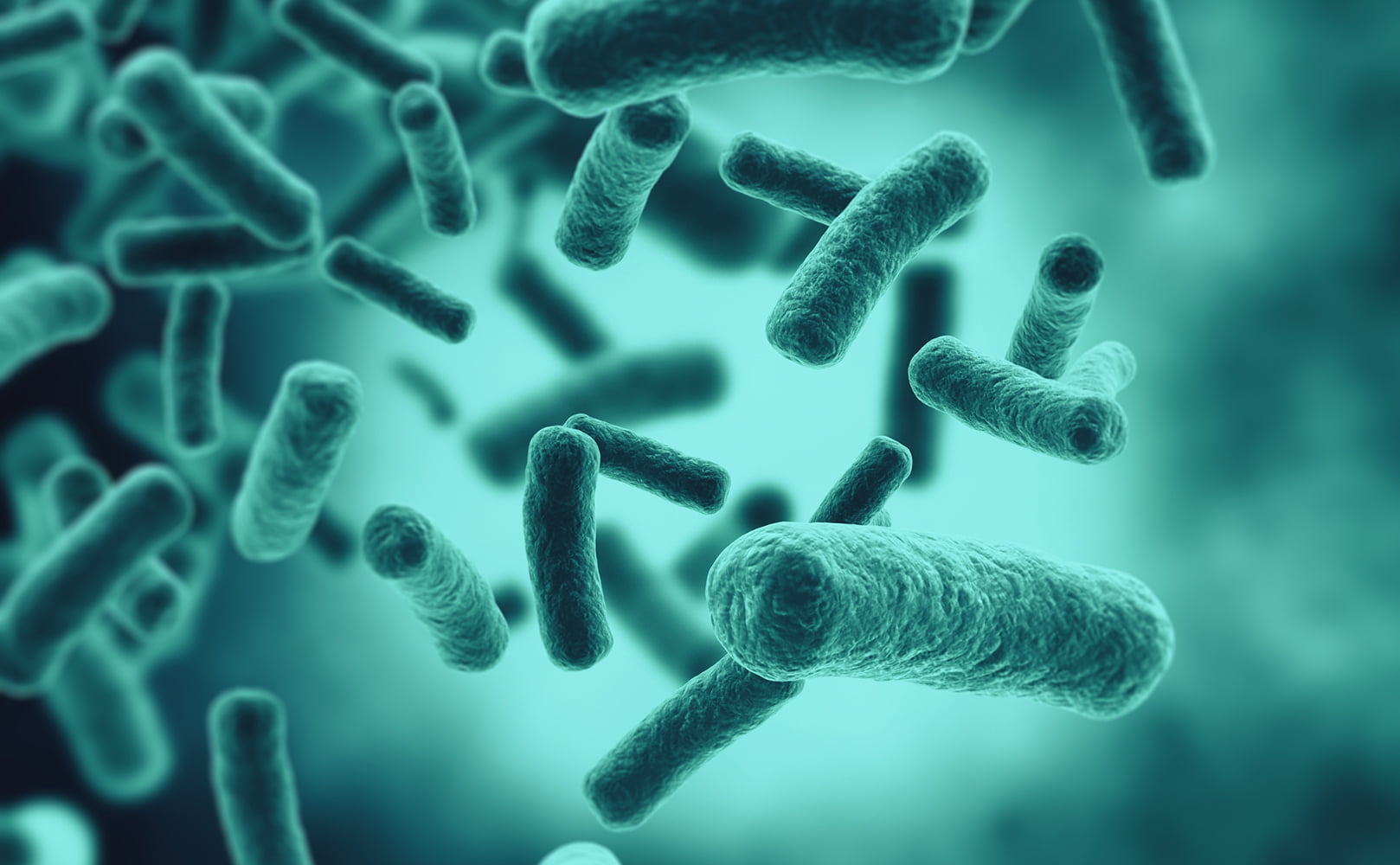Does UV Light Kill E. Coli/Coliform Bacteria in Well Water?
Written by: Alexandra Uta // Last Updated: Nov 28, 2022
This page may contain affiliate links. If you buy a product or service through such a link we earn a commission at no extra cost to you. Learn more.
E. coli is one of the few bacteria with the dubious honor of making its way into the public consciousness.
This article covers what E. coli, and coliform bacteria in general, is, the dangers it poses, how it can be tested, and how it can be treated.
Key Takeaways
- Yes, UV light kills E. coli and coliform bacteria in water by scrambling up their DNA so that they cannot reproduce.
- A UV dose of 6.5-7 mJ/cm² is generally required.
What Are E. Coli and Coliform Bacteria?
Coliform bacteria are a group of bacteria present in the environment and the feces of warm-blooded animals (including humans). They are also called “indicator organisms” because, while usually harmless themselves, their presence can indicate the presence of more dangerous waterborne diseases – such as E. coli.
E. coli is a sub-group within fecal coliform. As the only sub-group not found in the environment, its presence in water is used as a potential indicator of fecal pollution, for example in drinking water, and the potential presence of pathogens.
Health Effects
Water contaminated with coliform bacteria is not necessarily dangerous – in fact, most coliform bacteria are completely harmless. If any of the more harmful bacteria types are present, however, then the most likely symptoms are gastrointestinal cramps, upset, or diarrhea.
Humans can develop an immunity to many of these more benign bacteria, and with their symptoms being common with so many other illnesses, it can be hard to discern whether water is causing the problem unless it is tested.
How Common Are Coliform Bacteria in Water?
Coliform bacteria are very common in water. In fact, a North American survey found coliform bacteria in about one-third of all private well water tested, and E. coli in about 15%.
Shallow wells and springs are more susceptible because the bacteria can get filtered out by the rock and soil in the deeper wells, as the water infiltrates the ground.
However, even deep wells can be contaminated if their construction enables surface water to flow along their casing, directly into the groundwater, or from nearby contaminated land.
Water Testing
If you want to test the water in your well for coliform bacteria, you have two options:
- Hire a lab
- Buy a DIY test kit online (available on Amazon and other retail outlets)
The home tests are cheap, but not always user-friendly or, indeed, 100% reliable.
A professional lab is more expensive but does provide the reassurance of 100% accuracy- especially if EPA-certified.
Your local council should also have an environmental health department to offer guidance and advice on testing your well or city water supply.
Treatment: Does UV Light Kill E. Coli/Coliform Bacteria in Well Water?
Yes UV light is a type of radiation, and it is effective against all viruses, bacteria and protozoa, in high enough doses.
For coliform bacteria including E. coli, a UV dose of 6.5-7 mJ/cm² is generally required, meaning a Class B ultraviolet water purifier can do the trick.
Does UV Light Work in All Water Conditions?
No, UV light only travels in a straight line, so any obstruction or shadows will reduce its efficiency. The water also needs to meet the following conditions:
- Water hardness lower than 7 gpg (grains per gallon)
- Iron lower than 0.3 ppm (parts per million)
- Tannins lower than 0.1 ppm
- Manganese lower than 0.05 ppm
- Turbidity levels lower than 1 NTU (nephelometric turbidity units)
If the above conditions aren’t meet, you need to install additional pre-treatment, before the water enters the UV purifier.
If you have any thoughts about the question, does UV light kill E. coli in water, please don’t hesitate to leave a comment below!
Information provided on BOS is for educational purposes only. The products and services we review may not be right for your individual circumstances.
We adhere to strict editorial guidelines. Rest assured, the opinions expressed have not been provided, reviewed, or otherwise endorsed by our partners – they are unbiased, independent, and the author’s alone. We fact-check all content for accuracy. It is accurate as of the date posted and to the best of our knowledge.


